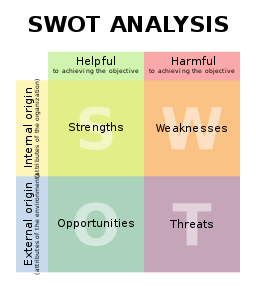The Science of Habit Formation
Introduction: Habits can make you a winner or a loser. Identifying and managing your habits is a lifelong task. I have tried to explain this in an interactive way with day-to-day life problems. It will be a combination of conversations and narrative explanations. Let's deep dive into habits. What is a Habit? It is a fine Monday morning, and the entire office is in a hurry. With more people in an agitated state, the whole office looks like a country preparing to wage war against another. The cabins in the office are rowed, and the corner cabin lies near the window. It seems it is the most peaceful place in the entire office. There, we can check on two friends, Arjun and Chaitanya, who sit next to each other. Both are from the same team, and they both are the heroes of our series. Let's hear what they talk about. Arjun: Hey Buddy, I missed my cab again today. That guy didn’t wait a few more minutes and canceled. Chaitanya (with a smile): Dude, it's been three times this mon...


